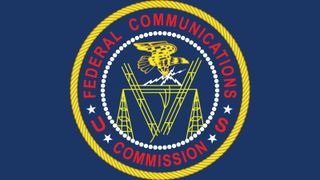IIA: FCC Should Recognize Fixed, Mobile Equivalency

The Internet Innovation Alliance said the FCC should update its evaluation of advanced telecommunications deployment to recognize that fixed and mobile broadband are not functional equivalents.
In its 15th Sec. 706 Broadband Deployment Report, the FCC concluded that the two were not quite ready for prime time, head-to-head competition. That report is the annual report to Congress on whether advanced telecom is being deployed in a reasonable and timely basis.
In comments to the FCC on that report, IIA said that “the fact is that, over the past two years, the broadband market has evolved rapidly and sufficiently to permit – if not demand – the conclusion that mobile and fixed broadband are full substitutes."
IIA points out that consumers are using both for data, video, job applications and homework, and that mobile data use is surpassing fixed, "a result that would have been impossible if consumers did not view fixed and mobile broadband as functional equivalents."
IIA also said that the FCC should maintain the 2019 definition of high-speed broadband ( 25 Mbps/3 Mbps ) in the 2020 report, rather than prescribe a higher speed below which service does not count as being deployed.
Multichannel Newsletter
The smarter way to stay on top of the multichannel video marketplace. Sign up below.
Contributing editor John Eggerton has been an editor and/or writer on media regulation, legislation and policy for over four decades, including covering the FCC, FTC, Congress, the major media trade associations, and the federal courts. In addition to Multichannel News and Broadcasting + Cable, his work has appeared in Radio World, TV Technology, TV Fax, This Week in Consumer Electronics, Variety and the Encyclopedia Britannica.

